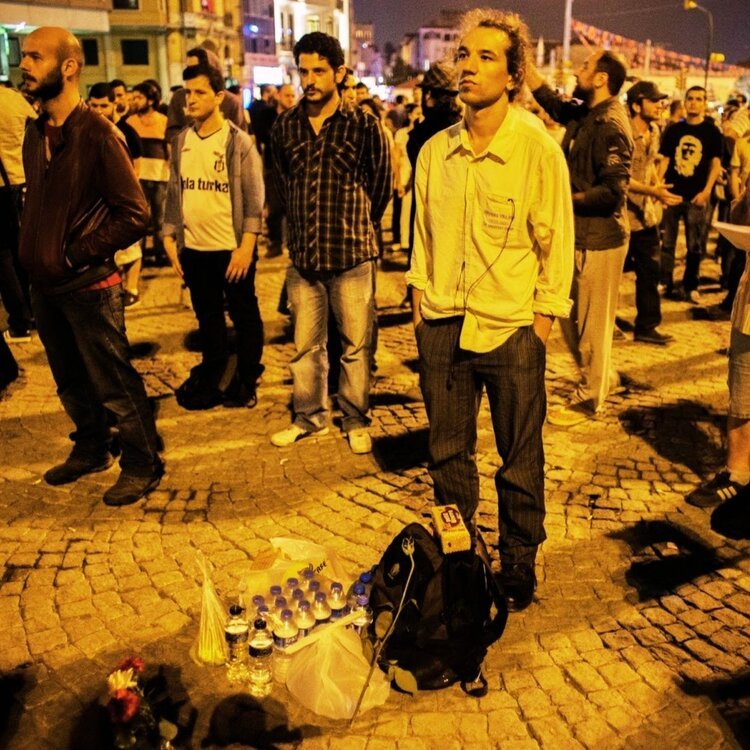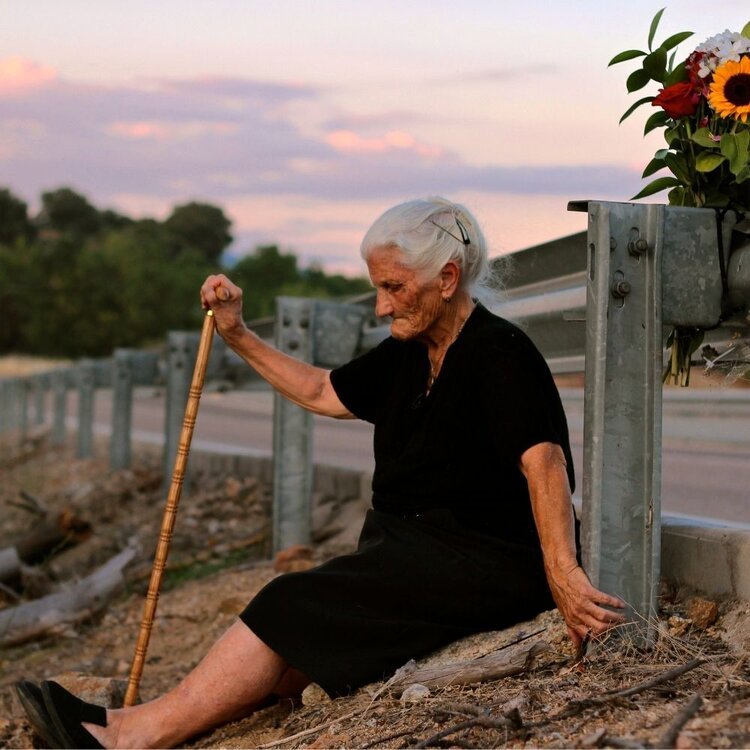Introducing podcast series Breaking Silence
Artistic Director Josephine Burton muses on the inspirations behind Dash Arts’ new four-part podcast series, Breaking Silence…
It’s been a year of silence. Theatres and venues have been shut. Our streets quiet. Protests curtailed.
Life has been put on a pause.
And at Dash, a year on from the first lockdown, we’ve made a podcast around silence, where people and the arts have been silenced and where the arts can break silences.
Our Breaking Silence series has also been inspired to some degree by digital conversations I had last year as we made our first run of podcasts. So many artists and writers in our Second Hand Memory podcast told me of the silences in their families caused by trauma cycling through generations – in Bosnia, Nigeria and Armenia, and how through their work they are trying to break these cycles of silence and pain. And it was Neske Beks, whom I spoke to in Majorca as part of our podcast on the director and filmmaker Felix de Rooy, who first told me about ‘Pacto del Olvido’, the Spanish Pact of Forgetting.
We’ve devoted the first podcast episode of Breaking Silence to this pact. After Franco died in 1975, there was a collective decision in Spain to forget the tragedies, murders, disappearances and the destruction that took place under his regime from the outbreak of the civil war in 1936 until his death. There have been no prosecutions, no truth and no reconciliation. I spoke to some remarkable filmmakers who have documented the work of activists to change the dialogue across Spain and bring perpetrators to justice, including Almudena Carracedo and Robert Bahar with their award-winning documentary The Silence of Others.
Gradually, as we spoke to artists and activists, writers and theatre makers across Europe, we unearthed so many other silences. Our guests ranged from Krzysztof Czyżewski, a theatre maker in Poland whose project Borderlands has done phenomenal work giving voice to so many forgotten communities; to Nawroz Oranari, a Kurdish singer whose voice was silenced in Iraq and has eventually been able to speak out again after seeking asylum in the UK; to theatre director Athina Kasiou in Cyprus on the unvoiced trauma still present between the communities in Cyprus and Northern Cyprus; to some phenomenal writers and directors giving voice to female experience.
Conversations inevitably turned to questions of self-censorship and censorship – particularly the role that social media can play in cancelling and silencing voices. And as we’ve researched and made the podcast, 2021 rolled on and, in the UK, we’ve seen vigils for Sarah Everard and the many other women whose lives have been tragically cut short as a result of violence, and a proposed policing bill which limits noise levels and attendance at protest.
Our guests spoke of change in the air, brought on by the pandemic and the inequalities that have been exposed and enhanced. As Krzysztof so beautifully articulates in the third episode, silence in the theatre creates the focus and is the prelude for action.
May our year of silence bring on change!
Subscribe to the Dash Arts Podcast now on all major podcasting platforms, and look out for the first episode Breaking Silence: The Pact of Forgetting on Wednesday 7 April. Find out more here.





